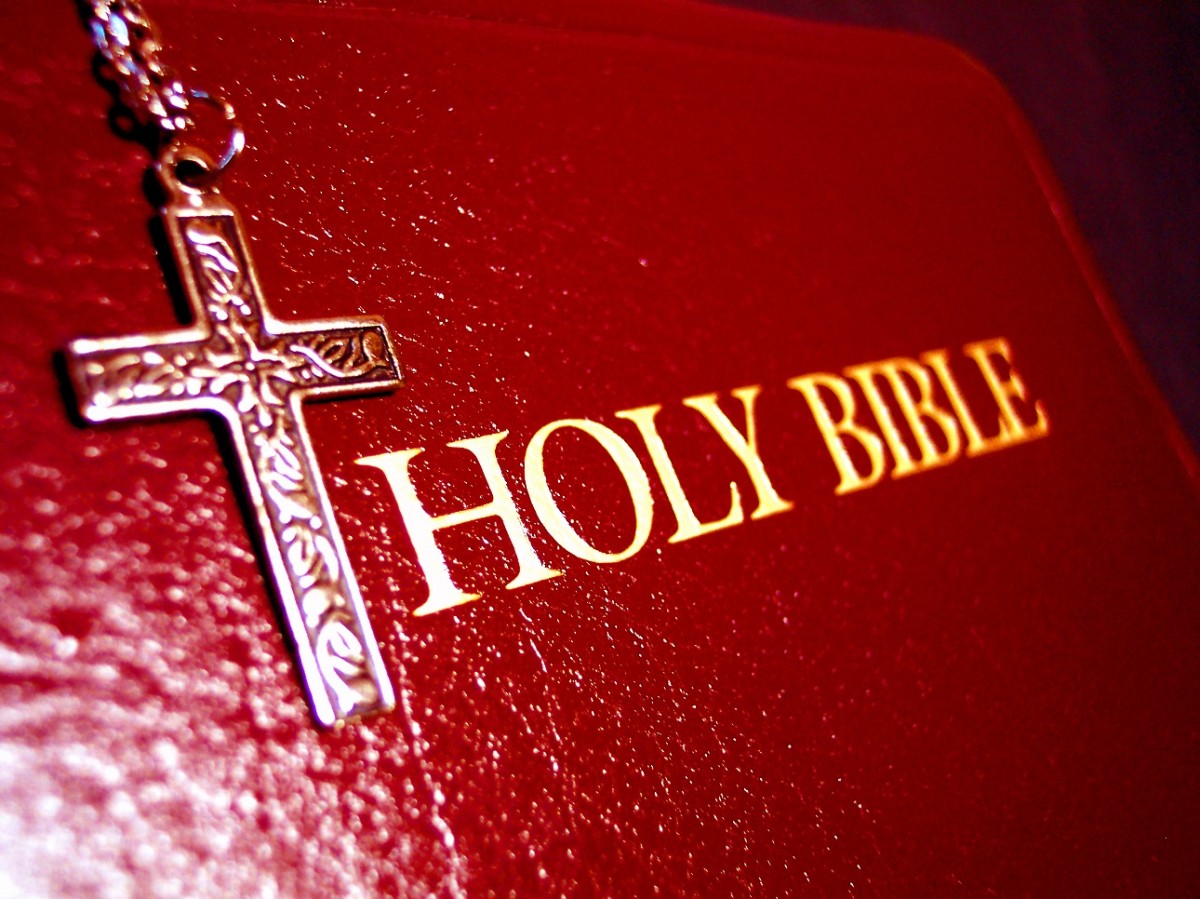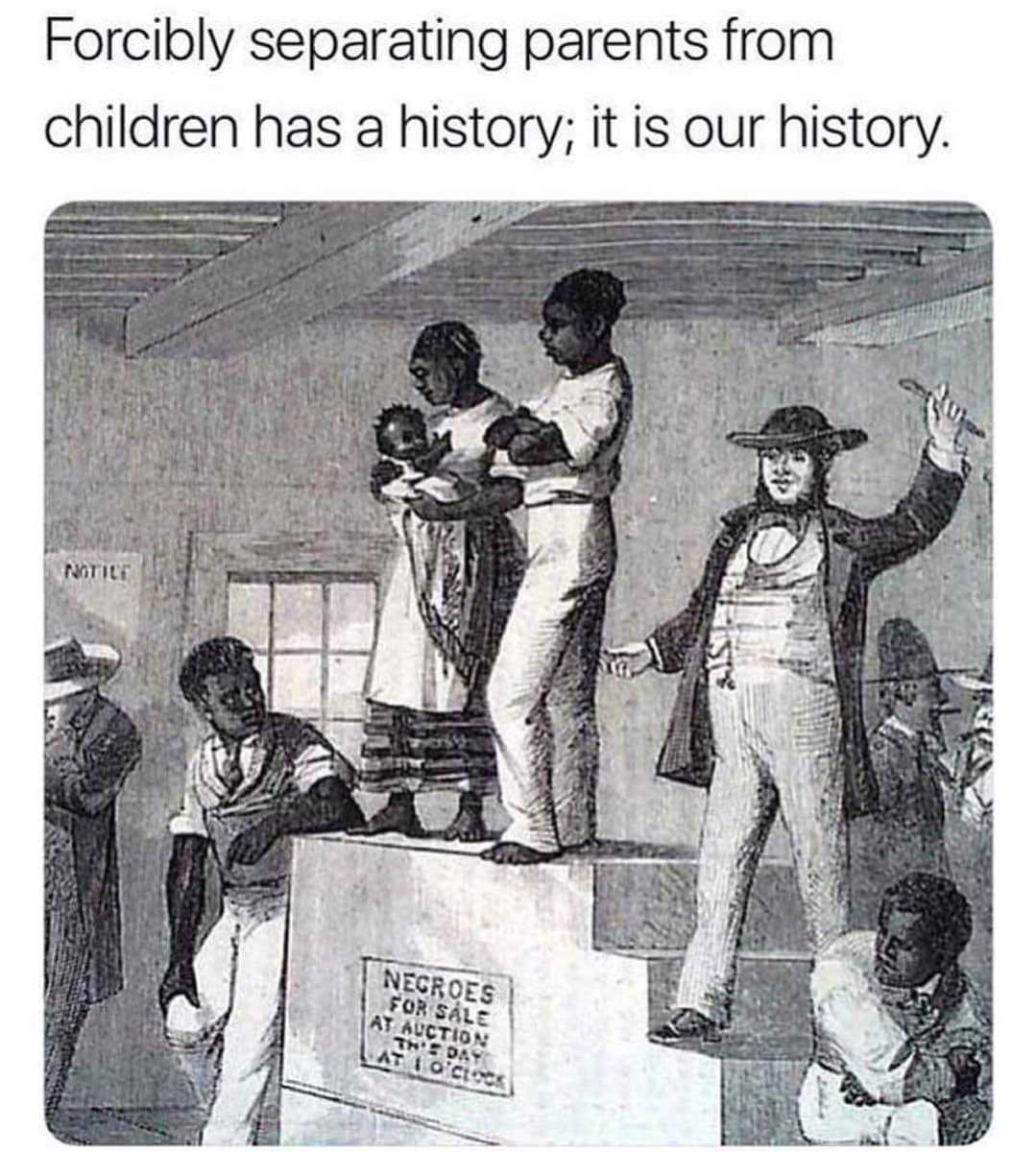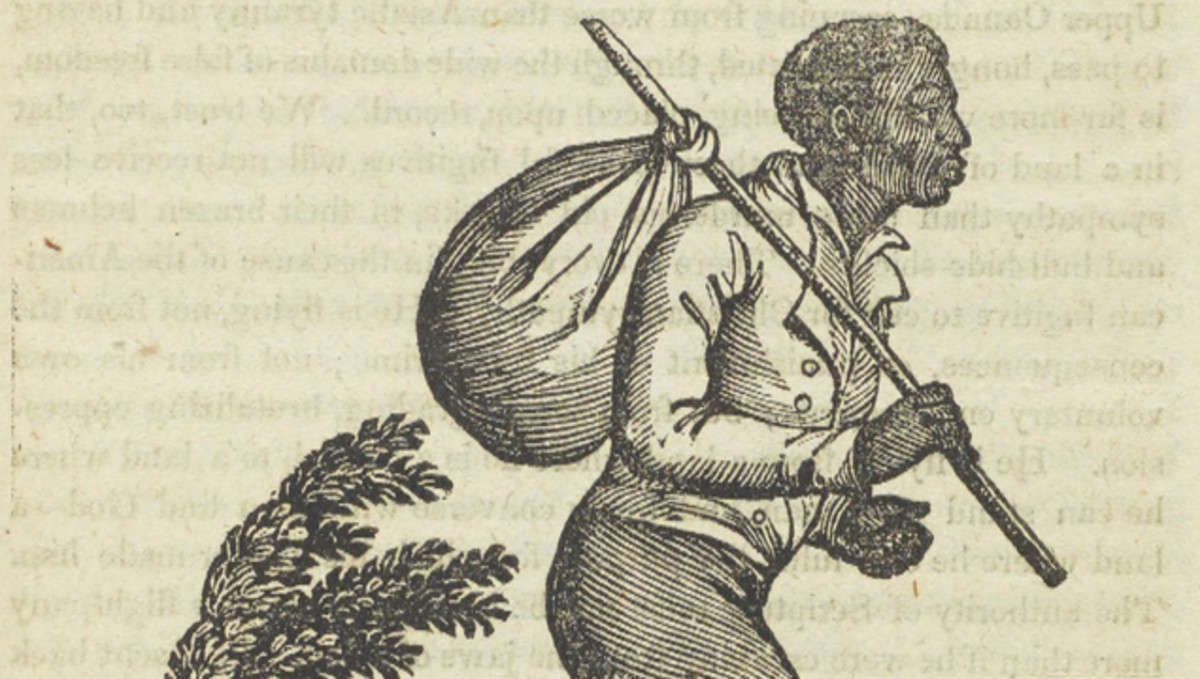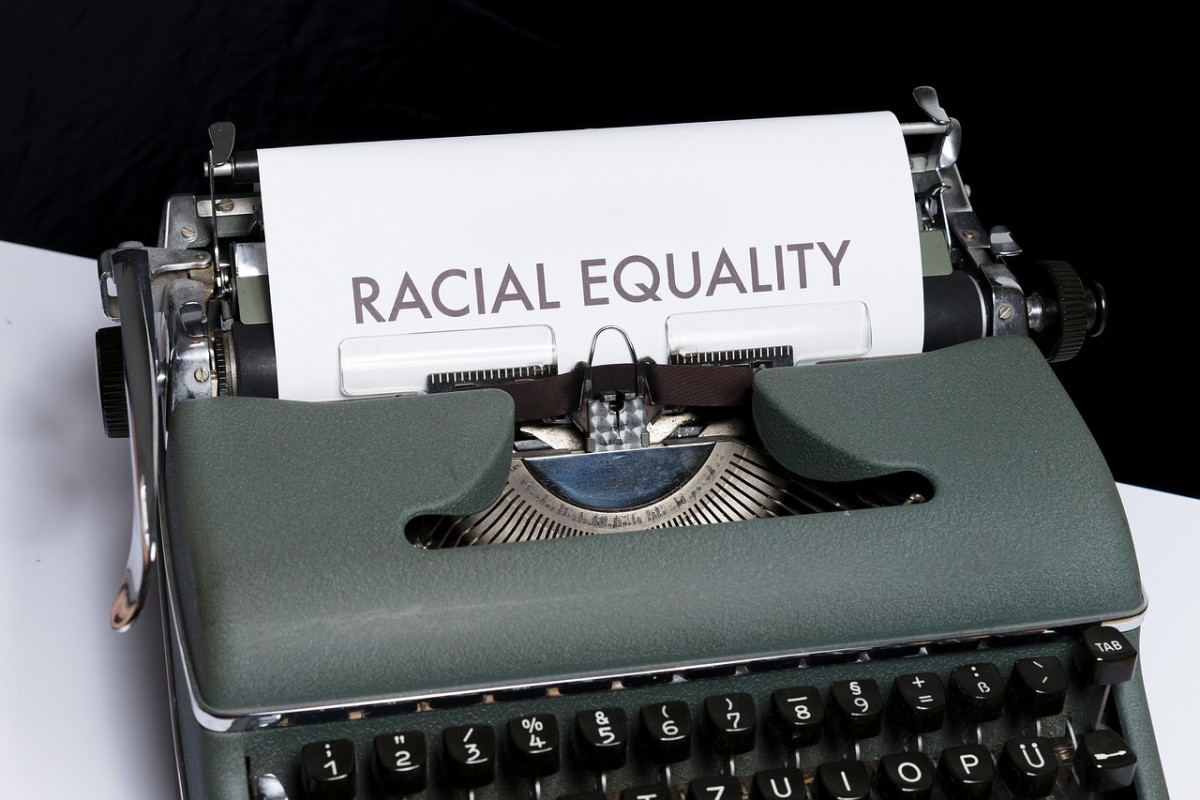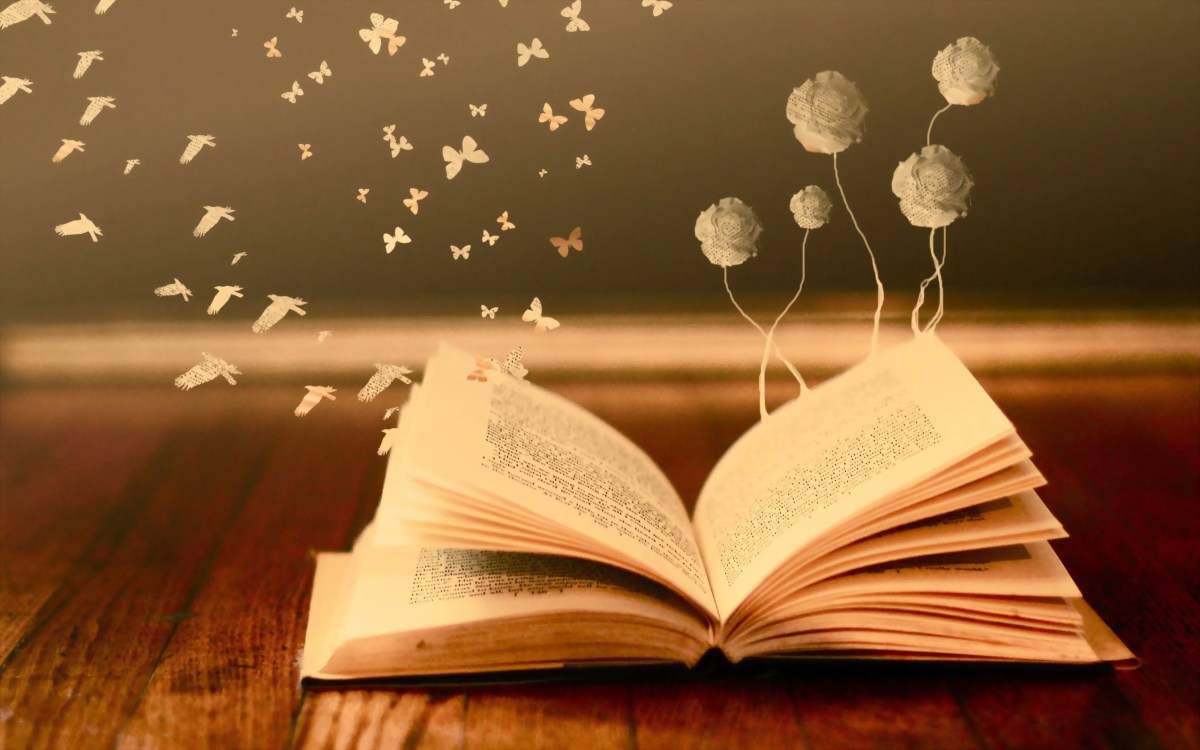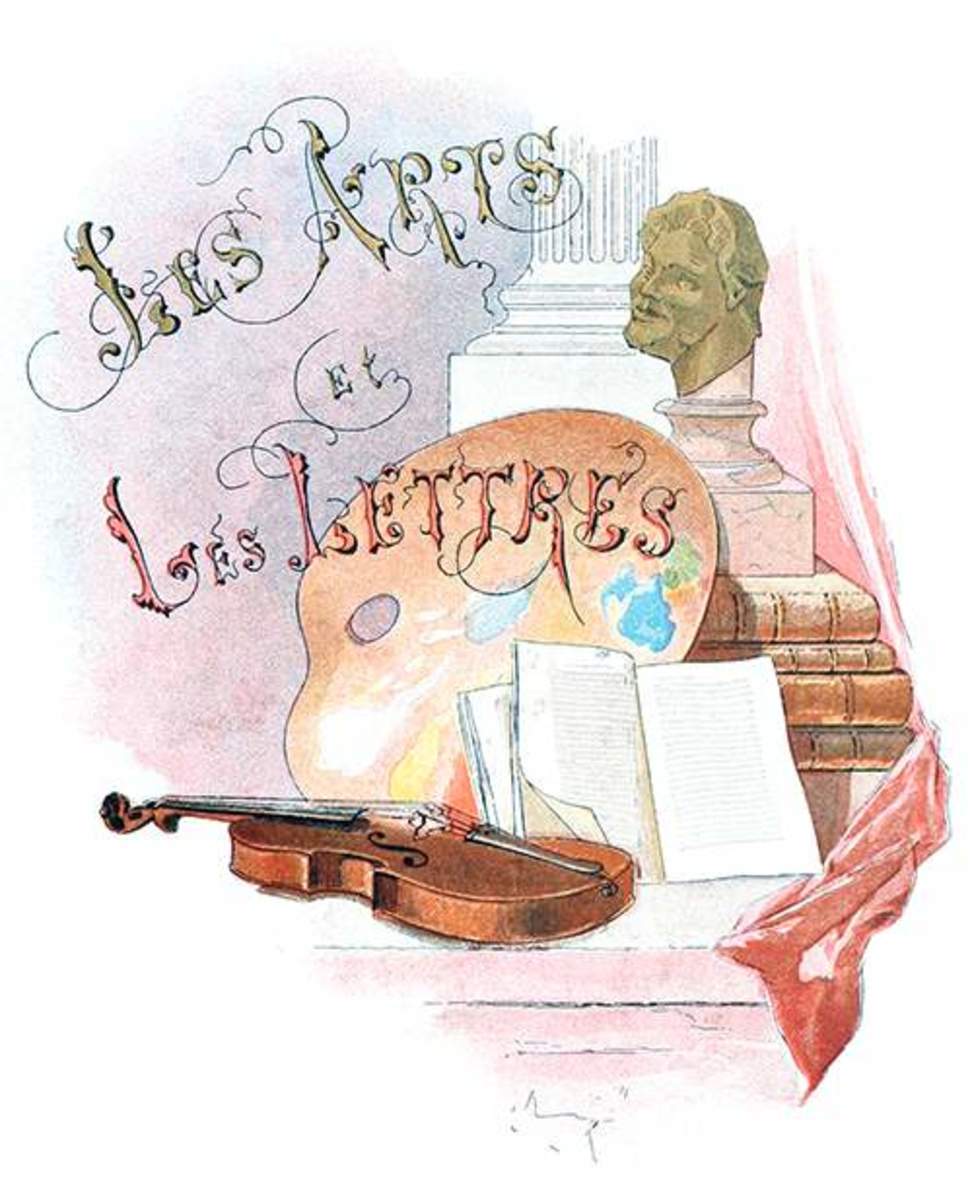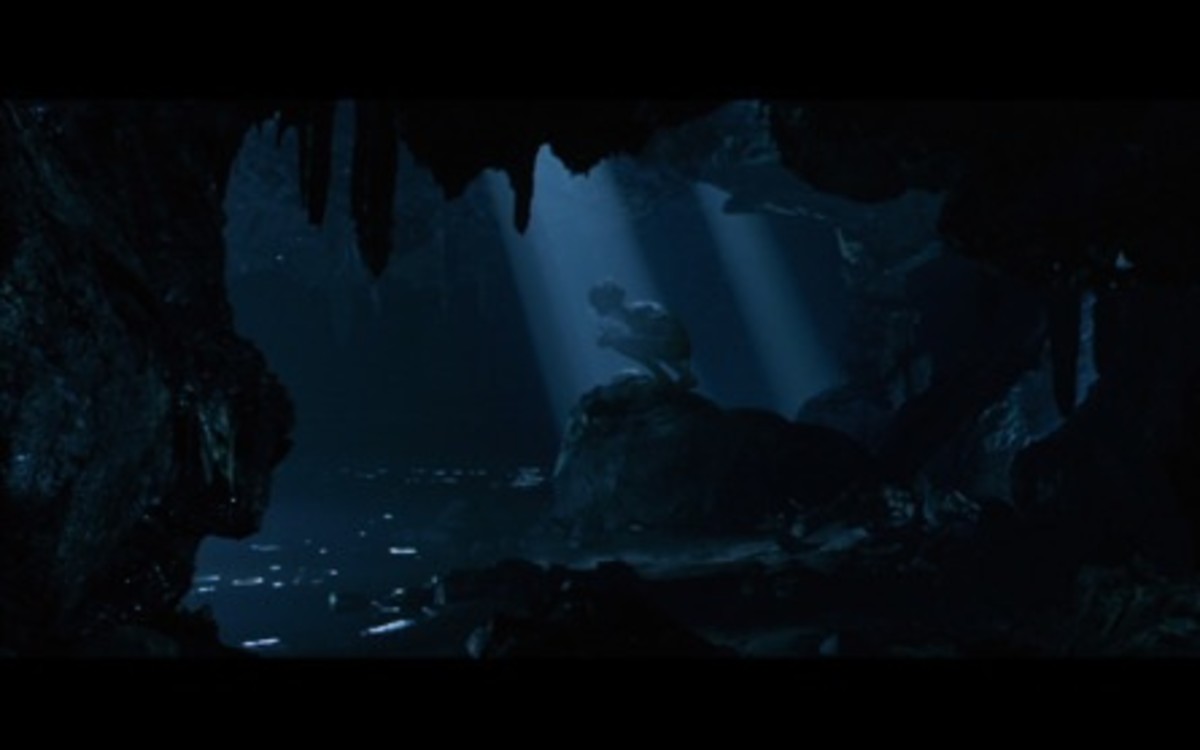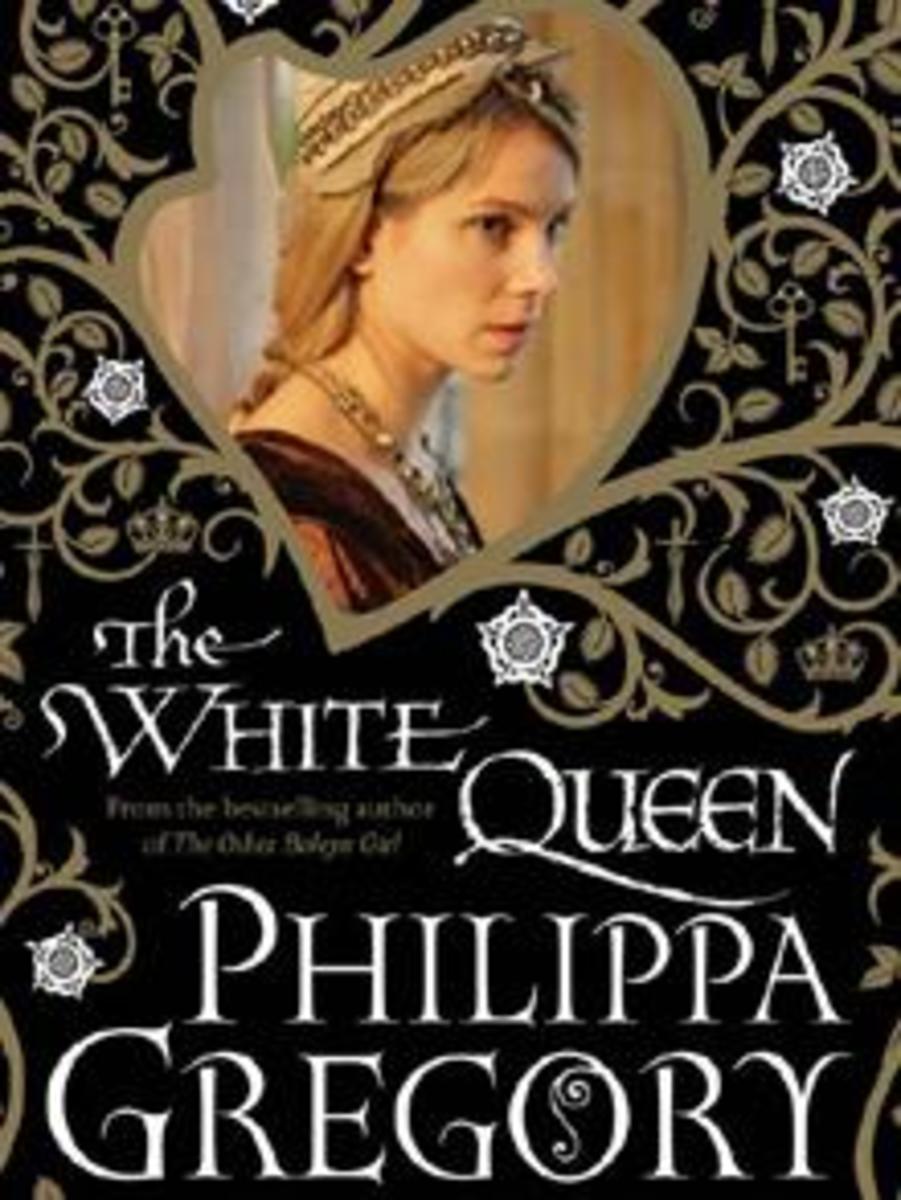Banned Books Part 3: Common Reasons that Are Ridiculous

Introduction
So many novels have been based on true perspectives and events. Should the history of our nation or world be "swept under the rug"? Hidden from the students who want to learn about the incredible events of the past?
With historical issues like the feminist movement, slavery and racism, much has occurred in our nation that our government often attempted to downplay. While the common tradition during most of history was the inferiority of women or African Americans, those traditions were often key points when making the final decision to release (or not release) a book publicly.
Feminism
First, there is feminism and the fact that women finally gained the strength to stand up for themselves in society. Their Eyes Were Watching God by Zora Neale Hurston, 1937, contains much racist content, while focusing on a young woman who matures into into an independent lady, taking care of herself. During her first two marriages, Janie has been able to stand up against husbands who have treated her poorly throughout the years, fighting back for her independence and pride. Nine months after her second husband, dies, Janie marries young Tea Cake and runs off to the Everglades where they burst into elitist social circles. However Tea Cake’s death leaves questions unanswered upon her return to town years later. Janie tells her story to Pheoby, her best friend, who is greatly impressed by Janie’s experiences.
The Awakening by Kate Chopin, is a New Orleans story in the late 19th century, of Edna Pontellier and her unorthodox views on femininity and motherhood in late 19th century American South. One of the earliest American novels that focuses on women's issues without condescension, it is also a landmark early feminist work, gaining a mixed reaction. Its blend of realism along with psychological complexity makes The Awakening an introduction to American modernism as well, in which were the works of famous authors like Faulkner, Hemingway and more.
Little Women by Louisa May Alcott, 1869, is a famous story of the four March sisters, based on the author’s youth with her three sisters living in poverty. After losing all his money, their father is acting as a pastor, during the Civil War. Facing their first Christmas without him the women must support themselves. Meg and Jo March work to support the family. Meg teaches a nearby family of four children. Jo assists their great-aunt March, a wealthy widow. Being shy, Beth stays home to help with housework, and Amy stays in school. Meg is beautiful and traditional, Jo is a tomboy who writes; Beth is a peacemaker and a pianist; Amy is an artist who longs for elegance and fine society. The different sisters separate at times by their mother’s will, but happy endings come due to their strength and independence.
Slavery and Racism
Considering racist issues in our national history, there is no reason that the honest representation of slavery, segregation or others to be banned from shelves. Beloved by Toni Morrison, 1987, is set after the American Civil War (1861–65). Inspired by the story of an African-American slave, Margaret Garner, who escaped slavery in 1856, found in The Black Book, a compilation of black history and culture that Morrison edited in 1974. Beloved begins in 1873 in Cincinnati, Ohio, where Sethe, a former slave, lives with her eighteen-year-old daughter Denver. Her two sons, Howard and Buglar, ran away eight years earlier. She believes it is because of an abusive ghost that haunted their house for years, to whom the introduction of the book is addressed. Morrison dedicates the book to "Sixty Million and more", or to all who died as a result of the Atlantic slave trade.
I Know Why the Caged Bird Sings by Maya Angelou, is a 1969 autobiographical novel describing her childhood. This coming-of-age story illustrates strength of character and love of literature as help in overcoming racism and other trauma. On top of racism, the identity of a young girl coming into her own is the key point of this story. She is able to overcome many challenges entering womanhood. First, three-year-old Maya and her older brother are sent to Arkansas, to live with their grandmother and runs through Maya becoming a mother at 16. Maya moves from the role of victim to the leader of her own life, responding to the world on her own. Young Maya has been called "a symbolic character for every black girl growing up in America" at that time. Angelou's rape as a child floods the book, though it appears very little in the text. The metaphor of the caged bird, or an identity trying to escape capture is one that applies to both women and African Americans facing so many issues like rape, racism and sexuality in the world during that time. These topics also caused it to be challenged or banned in some schools and libraries.
Invisible Man by Ralph Ellison, 1952, won the 1953 National Book Award for Fiction as an expert presentation of issues like black nationalism, Marxism and identity. With all of these being so predominant in the 20th century, though controversial, Ellison’s work stood out to the population immaculately. However, his language was considered to be too in-depth for some high schools, the book was banned from high school reading lists and schools in Pennsylvania, Wisconsin and Washington state. Also Native Son by Richard Wright, a 1940 landmark work of literary naturalism tells the tale of Bigger Thomas, a poor young Black man on the South Side of Chicago. Bigger faces many challenging situations while working for a rich white family as their chauffeur. After he unintentionally kills a member of the family, he is eventually caught, tried and sentenced to death. The book has been challenged or banned in over eight states because of objections to “violent and sexually graphic” content.
As mentioned in a couple of my previous articles, there are books studied in American classrooms, once banned from shelves from their honest representations of historical issues like racism and slavery. Uncle Tom's Cabin, by Harriet Beecher Stowe (1852), held a contextual, historically and culturally accurate depiction of the treatment of Black slaves in the United States has rankled would-be censors. The Adventures of Huckleberry Finn by Mark Twain (1884) was banned in Massachusetts as “trash and suitable only for the slums.” Objections have evolved marginally, making it one of the most-challenged of all time and is frequently challenged even today because of its frequent use of the word “nigger.” Otherwise the book is called racist and oppressive.
American Historical References
Bury My Heart at Wounded Knee by Dee Brown, 1970, tells the history of United States growth and expansion into the West from the point of view of Native Americans. Considering the fact that this is a negative perspective it was banned by a school district official in Wisconsin in 1974 simply because of potential controversy. “If there’s a possibility that something might be controversial, then why not eliminate it,” was the stated reason for the ban. Also The Jungle by Upton Sinclair, 1906, has been studied in America about muckraking and yellow journalism in social studies lessons about the industrial revolution. However its supposedly socialist views expressed in the book led to it being banned in Yugoslavia, East Germany, South Korea and Boston.
In regard to an award-winning representation of the American Civil War, one of the most famous novels is Gone With the Wind by Margaret Mitchell, 1936. Though a Pulitzer-prize winning novel and Academy-Award Winning film, tells the life of spoiled Scarlett O’Hara, daughter of a southern plantation owner and the twists and turns in Southern life before, during, and after the Civil War. Critically praised for its thought-provoking and realistic depiction of ante- and postbellum life in the South, it was also banned for the same reasons. Its realism has been challenged, specifically its realistic depiction of slavery and use of the words “nigger” and “darkies.”
As presented in a few of my other articles, The Grapes of Wrath, the 1939 novel by John Steinbeck, 1939, was banned in Kern County, California (setting of the book) almost immediately upon publication. Objections continued for years internationally, including a ban in Ireland in the 1950s, and then a group of booksellers in Turkey charged with “spreading propaganda” in 1973. Then, The Great Gatsby by F. Scott Fitzgerald, 1925, is one of the most famous novels in history. Now taught as a key component in American literature, this book was challenged for the portrayal of booze-infused, flighty lives of East Hampton socialites during the Prohibition era. It was challenged at the Baptist College in South Carolina because of the book’s language and mere references to sex, though neither of these were predominant in the text of the book.

